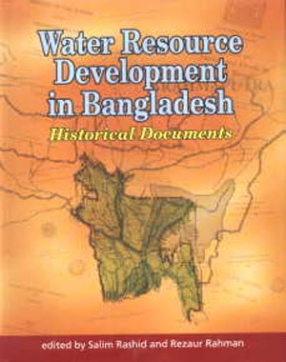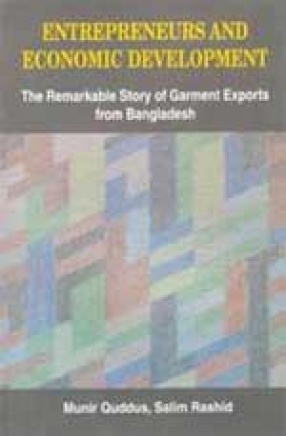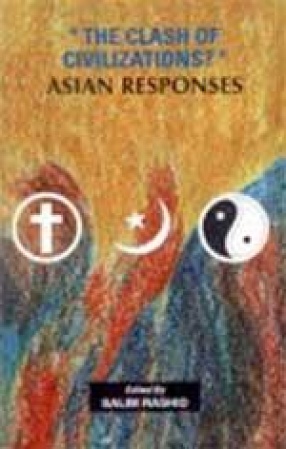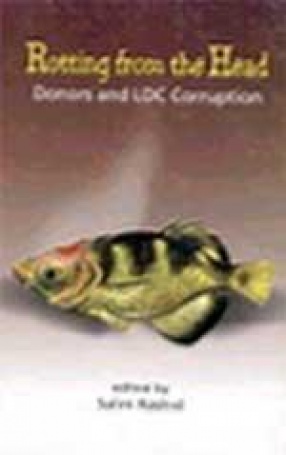
Showing all 5 books



The role of water in a rice economy such as Bangladesh is of such overwhelming importance that one would be hard-pressed to overemphasize it. In order for there to be effective democratic decision making the people need to be informed. And yet one is struck by the fact that there are no readily available texts on the history or economics of the subject--and the few books that are available are reactions to the water projects that have been proposed or have been ...

This is the first book that presents a comprehensive analysis of the apparel export industry of Bangladesh. Readymade garment exports from Bangladesh started modestly in the late 1970s primarily as a result of local initiatives. Soon the industry had the benefit of foreign collaboration in marketing, management and production. After two decades of dynamic performance, interrupted by occasional crises, apparel exports from Bangladesh have blossomed into a ...

In the The Clash of Civilizations? Samuel P. Huntington provocatively laid down the global fault lines of the post-cold war era. Huntington sees the west as involved in an unavoidable collision with two major civilizations--Islamic and Confucian. This controversial thesis, originally published in Foreign Affairs and now developed into a book, The Clash of Civilizations and the Remaking of World Order, is said to have generated more comments than any other ...

This book asks whether the corruption prevalent is not often deliberately caused by the donor agencies themselves. Civil society and aid agencies have persistently and widely trumpeted rampant corruption within the bureaucracy and political bodies in the Third World as the primary obstacle to sustainable development but the central role of donors in this matter has not been carefully analysed. This issue is thus a radically new addition to the literature on ...

This book of Readings is intended to provide students in Bangladesh an introduction, from original sources, to the concepts and tools of modern microeconomics. Textbooks generally focus upon what is clearly known and agreed upon; they do not impart the thrill of meeting new problems, nor do they focus upon the fact that there is often a considerable distance between the problem one initially wished to solve and the final problem that one could solve. Learning ...
